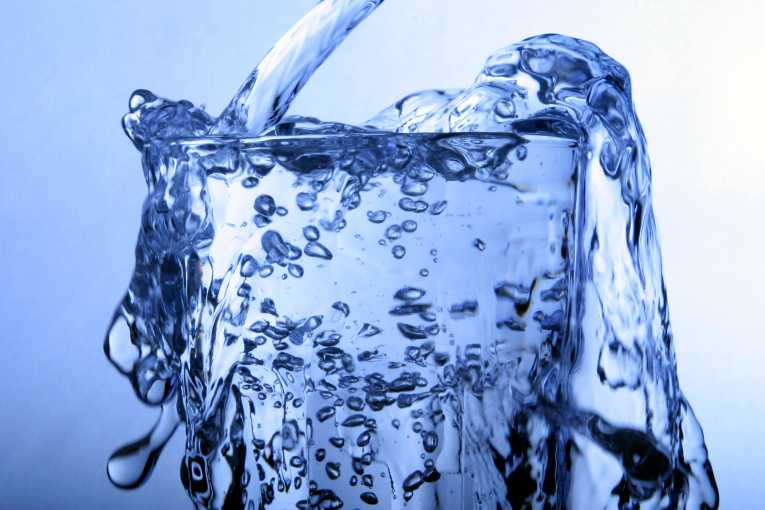The dramatic scenes of tap water that can be set aflame - seen in the shale gas fracking documentary, Gasland – were anything but an attention-grabbing stunt. Scientists from Duke University, North Carolina, have found methane at 17 times the natural background levels, for water wells close to sites where shale gas is being extracted. And careful analysis ties the origin of the flammable gas directly back to individual gas wells, says the research published in Proceedings of the National Academy of Sciences.
Worries about the environmental problems of hydraulic fracturing , or 'fracking' - a drilling process used to extract underground natural gas from impenetrable shales - snowballed following the release of the film in 2010. As well as concerns about the chemicals used in the shale fracturing process, its greenhouse gas emissions and the disposal of waste drilling waters, many residents close to shale gas drilling sites have complained of methane dissolved in water from their water wells.
In order to pin down these claims, the team from Duke University looked at water samples from the wells of 68 homes in Pennsylvania and New York. They checked the water's methane levels, and also looked its isotopic composition. Methane that has come from a source deep underground has a different isotopic profile to that formed nearer the surface. Their results showed that for those living close to a fracking well, levels of methane were significantly higher - and the methane's profile fitted that of samples taken directly from the gas well.
One of the paper's authors, Stephen Osborn, said ''We found measurable amounts of methane in 85 percent of the samples, but levels were 17 times higher on average in wells located within a kilometer of active hydrofracking sites.'' Coauthor Professor Robert B. Jackson went on to say ''When we compared the dissolved gas chemistry in well water to methane from local gas wells, the signatures matched.''
The health consequences of having high levels of methane in tap water are unknown - methane is not even controlled under the EPA's drinking water regulations. But the confirmation that fracking for shale gas is contaminating water supplies shows that more research is needed - and adds to the growing list of problems with fracking.










